This week, we speak to María Maestro Cano-Manuel, an ECOP analysing MPA management at the University of Cádiz. We were interested in learning more about her experience and the realities of doing a PhD in the Ocean sector.
Hi María! You’re researching Marine Protected Areas and their relationship to human well-being, can you tell us what that involves?
I study the management model of different MPAs around the world and the relationship that local communities have with these protected areas. I analyze the perception they have of the management, the feeling of belonging to the place, the level of involvement they have in the management… Getting the population to accept the figure of protection is essential for the success of an MPA. It is not possible to focus on the environmental aspect and forget the social one. In this process I discovered that one of the things I like most about my job is meeting interesting people who dedicate their lives to the ocean :).
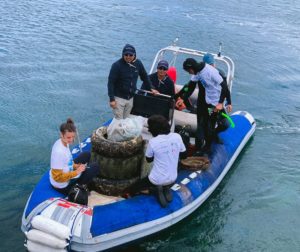
We recently saw your post “Advice no one gave me about doing a PhD”, can you talk us through what you wrote and why?
The final phase of my PhD was a very nice period of reflection on the last few years. And I realized that doing a PhD has been a wonderful experience for me. But I also realized that I didn’t know what I was getting into before I started it 🙂 We have preconceived ideas of what it is to do science, or a PhD in particular. There are many approaches that seem to be already established and unchangeable (for example, that you have to have a passion for the subject, that doing a PhD implies not having a social life, that you are going to be exploited in the lab, that publishing is very difficult…). My experience was very different, in a very positive way.
I wanted to inspire all those people who are thinking about doing a PhD, but maybe don’t take the step because they hear other PhD candidates complaining about their situation or don’t feel they are good enough to take the leap into science…. I remember once I said that my biggest motivation for doing a PhD was to travel and people got very upset…I sort of felt that my reasons were not good enough, and that therefore maybe I was not good enough (how silly!!!).
Of course, the working conditions of PhD candidates are far from ideal, I am not saying the opposite, but that does not mean that it is not a once in a lifetime experience, from which you can get a lot out of it.
You know what? I traveled, I published, I went to conferences, I expanded my network, I combined my work with my social life… and at the end of the journey I got cum laude (distinction) 🙂
I am very glad I wrote that post because it had a lot of repercussion and many people wrote to me saying that my words had helped :):
“You don’t need passion. Really, you don’t. Do you have to like the topic? Of course, you’re going to put a lot of hours into it. It must be very difficult to do a PhD on a subject you don’t like. But from there to having passion… there is a big difference. I say this because for a long time I felt that I wasn’t “good” enough at my job, just because in my spare time I didn’t read up on the topic nor didn’t travel to conferences during my holidays. My passions are my hobbies. My PhD was my job, which I loved. You need other qualities for sure: hard work, perseverance, more perseverance, capacity for synthesis and analysis… And if you also have passion, all the better.”
Read the full post here.
Can you share a highlight / one of the biggest challenges of your phd and why you think there is a lot of misconception about what it might involve?
I think the biggest challenge I have encountered this time has been my own mindset. The impostor syndrome, the uncertainty about my future career…. It helped me to overcome it to think that all the scientists I admire started out just like me, doing their doctoral thesis. I think it can also help to share how you feel with other PhD candidates. But without getting into the dynamic of “how hard is our life”, which is sometimes difficult to get out of… Doing a PhD has a lot of good things, remember that. Be clear about your WHY for doing the PhD and come back to this idea when you feel unmotivated J
And living in the present, and not worrying so much about what will come in the future. Opportunities always come. Regarding the latter, I can’t stop recommending expanding your network of contacts. It is what has helped me the most to get new opportunities.
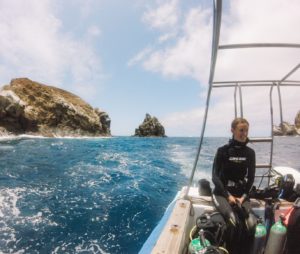
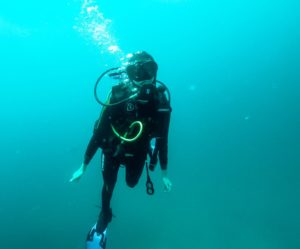
Your research areas are #socialequity, #climatechange, #oceangovernance, #oceanconservation, and #marineprotectedareas, what are you hoping to use your research to support in the future? I hope to contribute to the well-being of communities living around coastal protected areas. I hope that they accept the protection figure, and not only that, but that they feel that the MPA is part of their cultural heritage and therefore care for and respect it as a gift to future generations. For this it is necessary to ensure decent living and working conditions in these communities, among other things.
How do you see your work being part of the UN Decade of Ocean Science, and “achieving the science we need for the Ocean we want by 2030?”
I think it is important for the social sciences (although I have never seen myself as a social scientist) to claim their rightful place in the fight to protect the oceans. Removing the human factor from the equation does not work. The only way to ensure the protection of our seas and coasts is to do it in collaboration with the population in general, and the local population in particular. Education, literacy, participation…these are elements that must have a place in the UN Decade of Ocean Science (and always!). I believe that with my work I can help to give a more human perspective to many of the current problems, and above all to the solutions 🙂
Thanks so much María! You can connect with María via LinkedIn.
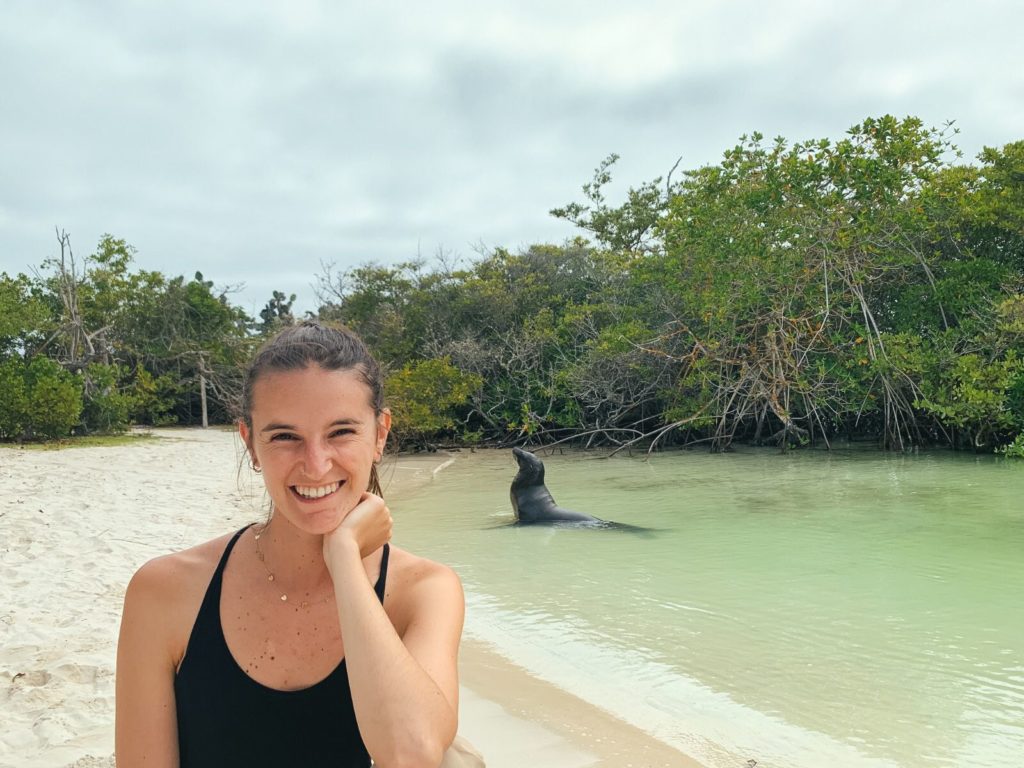
Pingback: Entrevista de ECOP a María Maestro - Mujeres del Mar